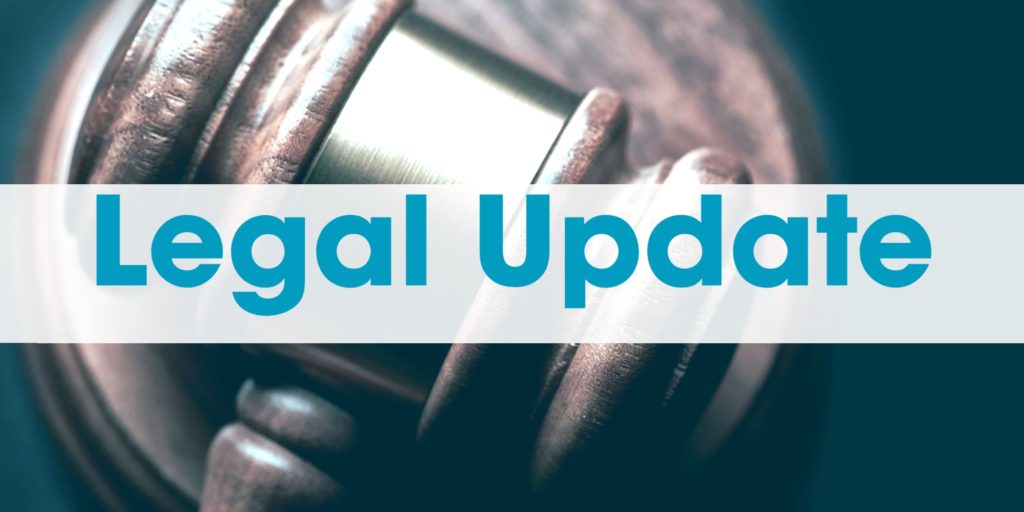 The coronavirus disease 2019 (COVID-19) pandemic has caused unprecedented changes for many industries. As social distancing is encouraged, gatherings with over 10 people are banned and stay-at-home or shelter-in-place orders for all nonessential employees are issued, many employers are asking their employees to work from home.
The coronavirus disease 2019 (COVID-19) pandemic has caused unprecedented changes for many industries. As social distancing is encouraged, gatherings with over 10 people are banned and stay-at-home or shelter-in-place orders for all nonessential employees are issued, many employers are asking their employees to work from home.
For some employees, working from home is business as usual. For others, this may be the first time they’ve telecommuted. This working arrangement may seem exciting at first, but it can lose its luster over time, resulting in disengaged employees. And, when employees aren’t engaged, their productivity and motivation can suffer.
 The coronavirus disease 2019 (COVID-19) pandemic has caused unprecedented changes for many industries. As social distancing is encouraged, gatherings with over 10 people are banned and stay-at-home or shelter-in-place orders for all nonessential employees are issued, many employers are asking their employees to work from home.
The coronavirus disease 2019 (COVID-19) pandemic has caused unprecedented changes for many industries. As social distancing is encouraged, gatherings with over 10 people are banned and stay-at-home or shelter-in-place orders for all nonessential employees are issued, many employers are asking their employees to work from home. The coronavirus disease 2019 (COVID-19) pandemic has caused employers to make significant changes to their business practices, including onboarding.
The coronavirus disease 2019 (COVID-19) pandemic has caused employers to make significant changes to their business practices, including onboarding. On March 24, 2020, the U.S. Department of Labor’s (DOL) Wage and Hour Division (WHD) issued guidance explaining the paid leave requirements under the federal Families First Coronavirus Response Act (FFCRA).
On March 24, 2020, the U.S. Department of Labor’s (DOL) Wage and Hour Division (WHD) issued guidance explaining the paid leave requirements under the federal Families First Coronavirus Response Act (FFCRA). Working from home comes with its own set of challenges. If an employee finds themselves working from home for a prolonged period of time, it is especially important to take steps to prevent ergonomic injuries.
Working from home comes with its own set of challenges. If an employee finds themselves working from home for a prolonged period of time, it is especially important to take steps to prevent ergonomic injuries. Small and midsize employers may begin using two new refundable payroll tax credits to obtain reimbursement for the costs of providing coronavirus- related leave to their employees, the U.S. Department of Labor (DOL) and Internal Revenue Service (IRS) announced on March 20, 2020.
Small and midsize employers may begin using two new refundable payroll tax credits to obtain reimbursement for the costs of providing coronavirus- related leave to their employees, the U.S. Department of Labor (DOL) and Internal Revenue Service (IRS) announced on March 20, 2020. For many, working from home is just a daily routine. For people unfamiliar with remote work, it can take some getting used to.
For many, working from home is just a daily routine. For people unfamiliar with remote work, it can take some getting used to.